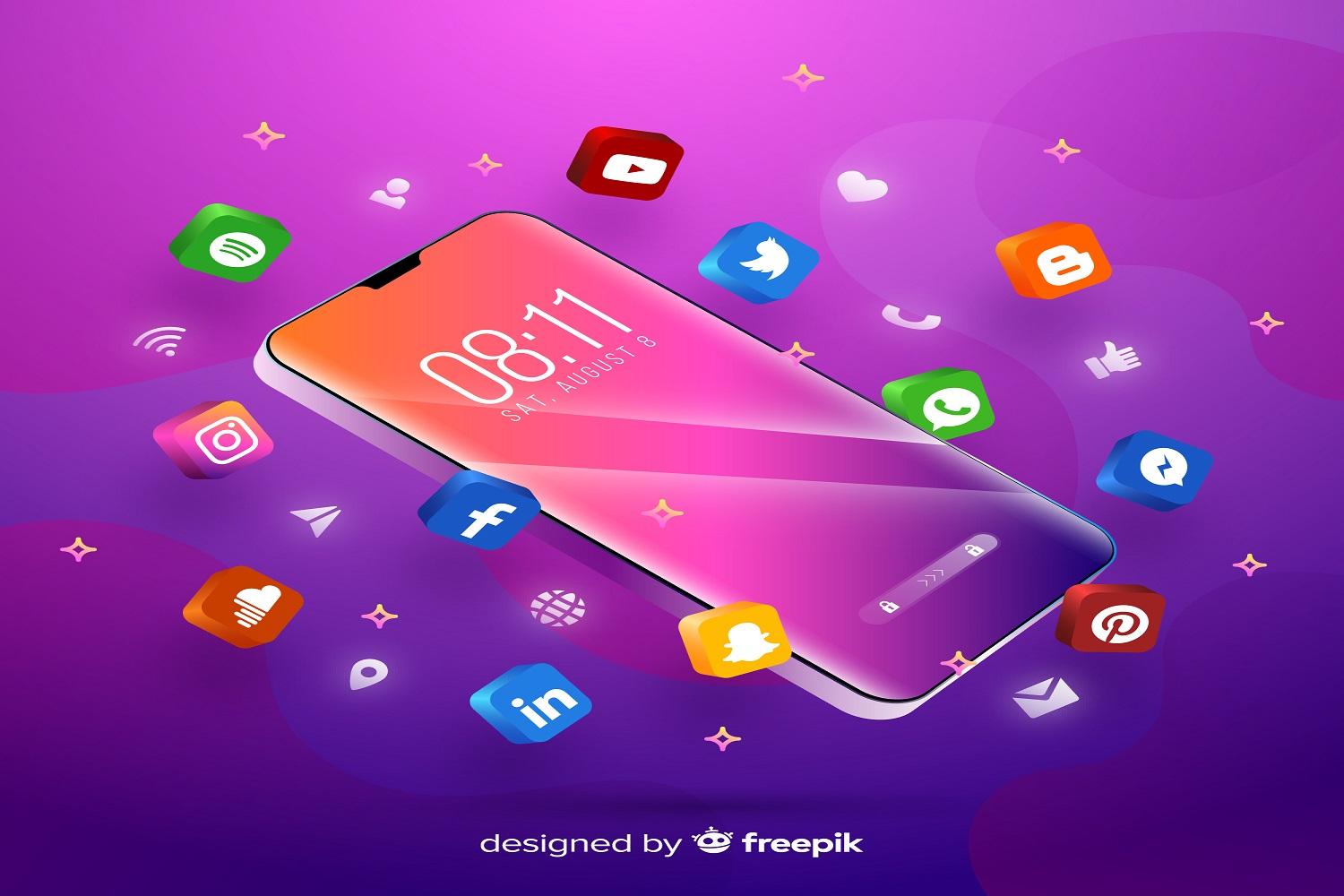For agencies promising multi-channel social media support, delivery is often where the cracks show. Content may look consistent, but under the surface, bandwidth issues, outdated platform knowledge, and inconsistent engagement strategies often dilute results.
This is precisely where white label social media partnerships become transformative, not just in saving time, but in re-engineering how you deliver value.
1. Operational Focus, Not Output Panic
Many agencies treat social media delivery as a to-do list: posts scheduled, boxes ticked. But clients want outcomes, growth, relevance, and engagement. White labelling lets your internal team focus on brand positioning and campaign performance instead of scrambling to hit posting deadlines. That shift moves you from reactive service to strategic partner.
2. Strategic Depth Through Specialisation
You may know Facebook and LinkedIn, but what about TikTok creator collaborations or Threads engagement frameworks? White label providers often have vertical specialists who monitor algorithm changes and consumer patterns in real time. This gives your clients tactical nuance they’d never get from a generalist team.
3. Content Created for Context, Not Just Consistency
A big mistake agencies make is repurposing content across platforms without adapting intent. White-label teams understand that what performs on Instagram Stories won’t work on LinkedIn carousels. Their platform-native execution ensures content is shaped for how users consume, not just how it looks.
4. Efficient Testing at Scale
In-house teams often hesitate to experiment, there’s no time or room to fail. White label support gives you bandwidth to run variant tests across formats and messaging, with structured feedback loops. The result? Real data on what resonates, not just guesswork based on vanity metrics.
5. Brand Voice Without the Bottleneck
Agencies worry that outsourcing will dilute tone. Ironically, good white label teams solve this better than internal setups. By using brand voice documentation, persona modelling, and collaborative review cycles, they often achieve higher message fidelity, because that’s built into their process.
6. Service Expansion Without Client Risk
Launching a new platform service, like YouTube Shorts or Snapchat Ads, internally is a risk. White label support lets you test demand and deliver professionally without needing new hires or internal retraining. If it works, scale it. If not, pivot, without reputational cost.
7. Retention Through Value-Perceived Delivery
Most agencies lose clients not through poor performance, but through undercommunicated performance. White-label partners often include reporting frameworks that clearly link activity to outcomes, arming you with data that justifies spending and drives renewals.
If used intelligently, white label social media management isn’t just about fulfilment, it’s your unfair advantage. It lets you focus on relationships, creativity, and strategy while still delivering technically sound, platform-native content that evolves with the algorithms and the audience.

